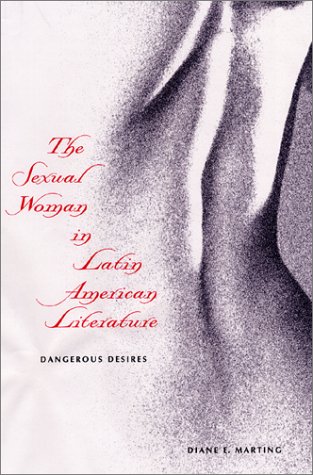

Most ebook files are in PDF format, so you can easily read them using various software such as Foxit Reader or directly on the Google Chrome browser.
Some ebook files are released by publishers in other formats such as .awz, .mobi, .epub, .fb2, etc. You may need to install specific software to read these formats on mobile/PC, such as Calibre.
Please read the tutorial at this link: https://ebookbell.com/faq
We offer FREE conversion to the popular formats you request; however, this may take some time. Therefore, right after payment, please email us, and we will try to provide the service as quickly as possible.
For some exceptional file formats or broken links (if any), please refrain from opening any disputes. Instead, email us first, and we will try to assist within a maximum of 6 hours.
EbookBell Team

4.0
6 reviews"A major and important addition to the field of Latin American studies . . . [and] the work of a mature scholar. I recommend it fully and enthusiastically."-- Sara Castro-Klaren, Johns Hopkins University
Latin American fiction achieved a turning point in its representation of sexual women sometime in the 1960s. Diane E. Marting offers a richly detailed analysis of this development.
Her central idea is that in Latin American narrative women's desires were portrayed as dangerous throughout the 20th century, despite the heroic character of the "newly sexed woman" of the sixties. She argues that woman's sexuality in fiction was transformed because it symbolized the many other changes occurring in women's lives regarding their families, workplaces, societies, and nations. Female sexual desire offered an ever present threat to male privilege.
Marting scrutinizes novels by three of the most famous and most popular novelists of the period, Guatemalan Miguel Angel Asturias, Brazilian Clarice Lispector, and Peruvian Mario Vargas Llosa. She argues that their novels from the 1960s, 1970s, and 1980s represent the beginning, middle, and end, respectively, of what has come to be seen as an indulgent, radical period that produced world-acclaimed sexual fiction of world stature. Marting's book surveys the topic of women's sexuality in the work of both men and women writers and engages two current controversies: feminist and moral issues related to the female body, and the nature of literary history. It will stand as an important addition to the fields of Latin American studies and women’s studies.
Diane E. Marting, assistant professor of Romance languages and literatures at the University of Florida, is the editor of three books, including Clarice Lispector: A Bio-Bibliography, and the author of many articles in journals such as Modern Language Notes, Chasqui, and World Literature Today.